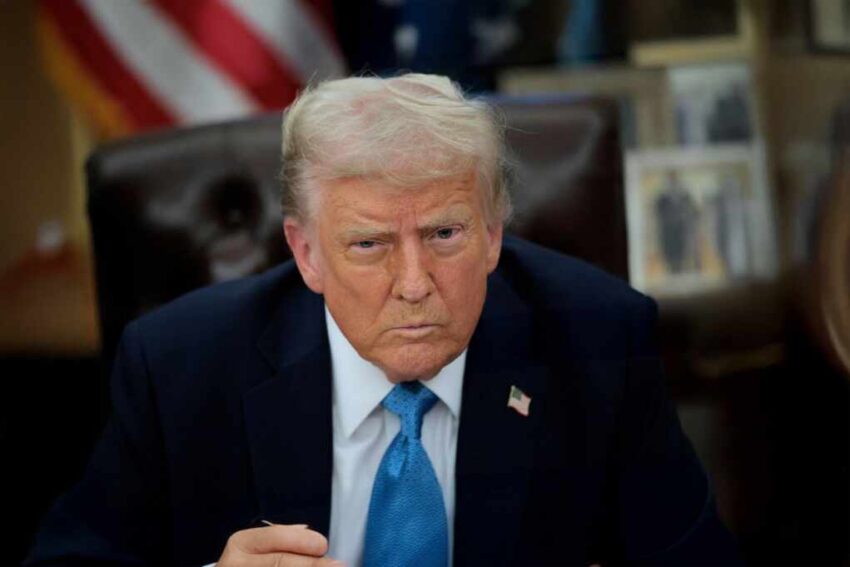A high-altitude phone call aboard helicopter Marine One between President Trump and his advisors triggered a sudden, covert strike on Iranian nuclear sites, risking regional escalation and sparking a fierce domestic and international debate.
At a Glance
- President Trump authorized precision airstrikes on Iran’s Fordow, Natanz and Esfahan nuclear facilities during a conversation on board Marine One
- The strikes were carried out by B‑2 stealth bombers in coordination with Israeli military actions
- Advisors like Sen. Lindsey Graham advocated for immediate action, while other MAGA-aligned figures including Tucker Carlson and Marjorie Taylor Greene opposed the strike
- Vice President JD Vance confirmed Trump gave the final approval “minutes before the bomb dropped”
- Critics argue the strikes bypassed Congress and risk constitutional war-power violations
High‑Wire Decision: From Diplomacy to Bombers
In the weeks leading up, renewed diplomatic efforts by European intermediaries sought to limit Iran’s nuclear ambitions, but rising threats and Israeli pressure shifted the tone. Aboard Marine One, Trump connected with Defense Secretary Pete Hegseth and others. Israeli Prime Minister Netanyahu and Ron Dermer had been “calling almost daily,” urging immediate strikes. Minutes before execution, Trump finalized the decision. The operation, dubbed “Operation Midnight Hammer,” deployed bunker-busting weapons via B‑2 bombers, with Secretary Hegseth later calling it a “massive success”, though the Joint Chiefs emphasized that full damage assessments remain ongoing.
Watch a report: How Trump’s Marine One call triggered Iran strike.
Clash Over War Powers and Legal Authority
Back in Washington, Republican lawmakers mostly supported the strike—Sen. Lindsey Graham among them—while Democrats led by Hakeem Jeffries condemned it as unconstitutional without congressional authorization. The U.S. Department of Defense cited compliance with the War Powers Act, but lawmakers later confirmed they learned of the operation only after public news reports. Internationally, Iran decried the attack as a “grave violation of international law”, with its Foreign Minister warning of “all options” on the table, including strategic retaliation.
What’s Next: Escalation or De‑escalation?
Iran has placed its military on alert and threatened to close the Strait of Hormuz, risking global oil supply disruption. Allies and adversaries alike—spanning the UN, EU, China, and Russia—urged restraint and diplomacy to avoid full-scale escalation. Meanwhile, domestic support is fracturing, as Trump’s MAGA base divides between hawkish enthusiasm and congressional concern over constitutional limits.
Key questions now include whether Congress will push back, whether Iran will retaliate in force, and how this moment will reshape global perceptions of American military decision-making—particularly when conducted mid-flight aboard Marine One.
Click this link for the original source of this article.
Author: Editor
This content is courtesy of, and owned and copyrighted by, https://deepstatetribunal.com and its author. This content is made available by use of the public RSS feed offered by the host site and is used for educational purposes only. If you are the author or represent the host site and would like this content removed now and in the future, please contact USSANews.com using the email address in the Contact page found in the website menu.








